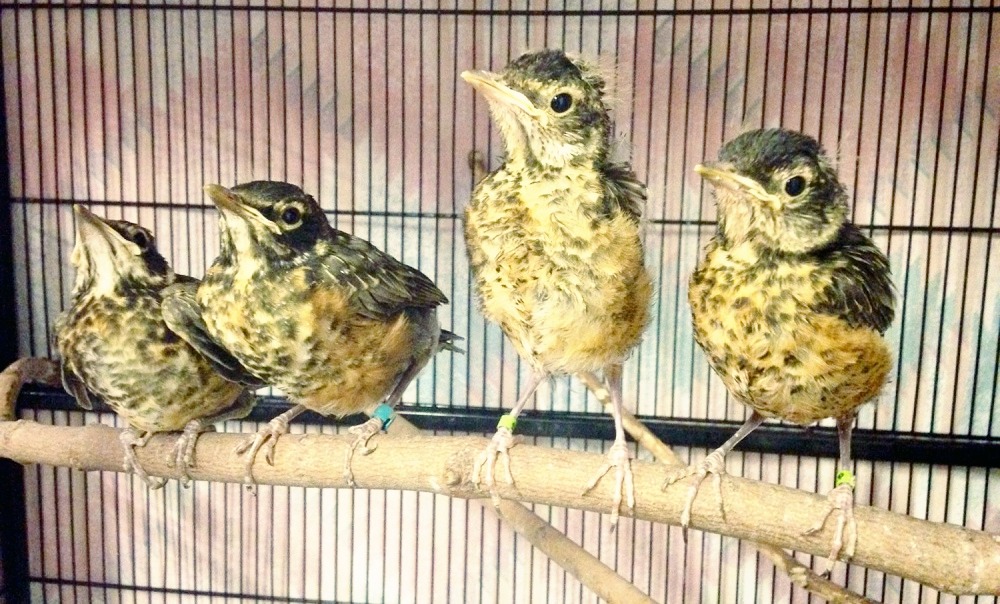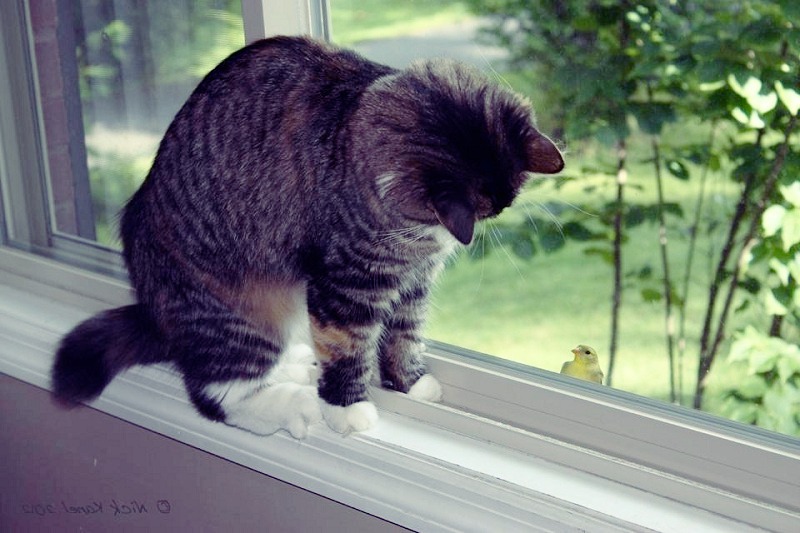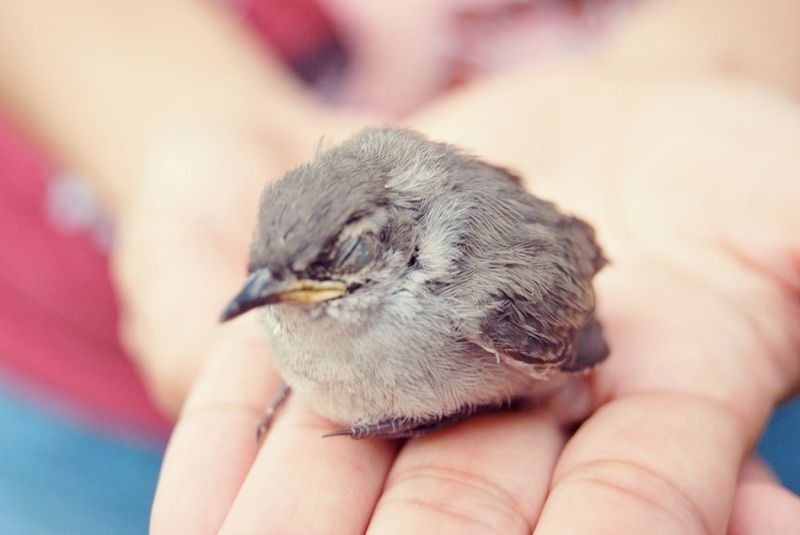
The spring season keeps the wildlife rehabilitators busy with umpteen telephone calls about the injured or orphaned bird. Of course, they are ready with rolled up sleeves for rescuing and receiving the sick or injured birds. In fact, many people are ignorant whether the bird is indeed in distress or orphaned. It is, therefore, time to demystify some common myths about the injured birds.
Orphaned birds are away from the nest
More often than not, many people erroneously conclude that a young bird spotted alone is orphaned. What they do not know perhaps is the fact that the songbirds while attempting to make the first step, may fall or flutter to the ground. In fact, the parents would be monitoring the movements of such a fledgling. Though the parent birds are busy fetching the food for the young birds, they keep a vigil either directly or through the guided calls of their babies.
The exception to the songbirds is other species of birds such as duck, pheasants, or geese. Generally, you will find the baby birds in clusters along with the adult birds. The parent birds do not feed the young ones like other species. The young birds have to follow the parents and learn the methods of fetching their own food.
If you handle them, the adult birds reject them
It is another myth that with the scent of human touch to the young birds, the parent birds reject the baby birds. The poor sense of smell of the birds would make it difficult for the parent bird to know the scent. No doubt, there were occasions when the baby birds have been united with the parents after 4 to 5 days without any fuss.
A bird caught by a cat to be left alone

In case you come across any cat with a bird, you can rescue and bring the bird to the vet or hospital for rehabilitation. The teeth of a cat cause an invisible puncture on the prey, which might turn out infectious after 3-4 days.
Orphaned birds to be cuddled

No. It is not true. In fact, the orphaned birds in your hands feel that you are a predator. If you are trained, you can handle them properly and hand over to the vet or a rehab center for further care. The common myth that cuddling would pacify the bird, in fact, may boomerang as the baby bird is not used to cuddling.
You can handle any orphaned, injured, or abandoned birds diligently and seek the help of a licensed vet or clinic for further care.
